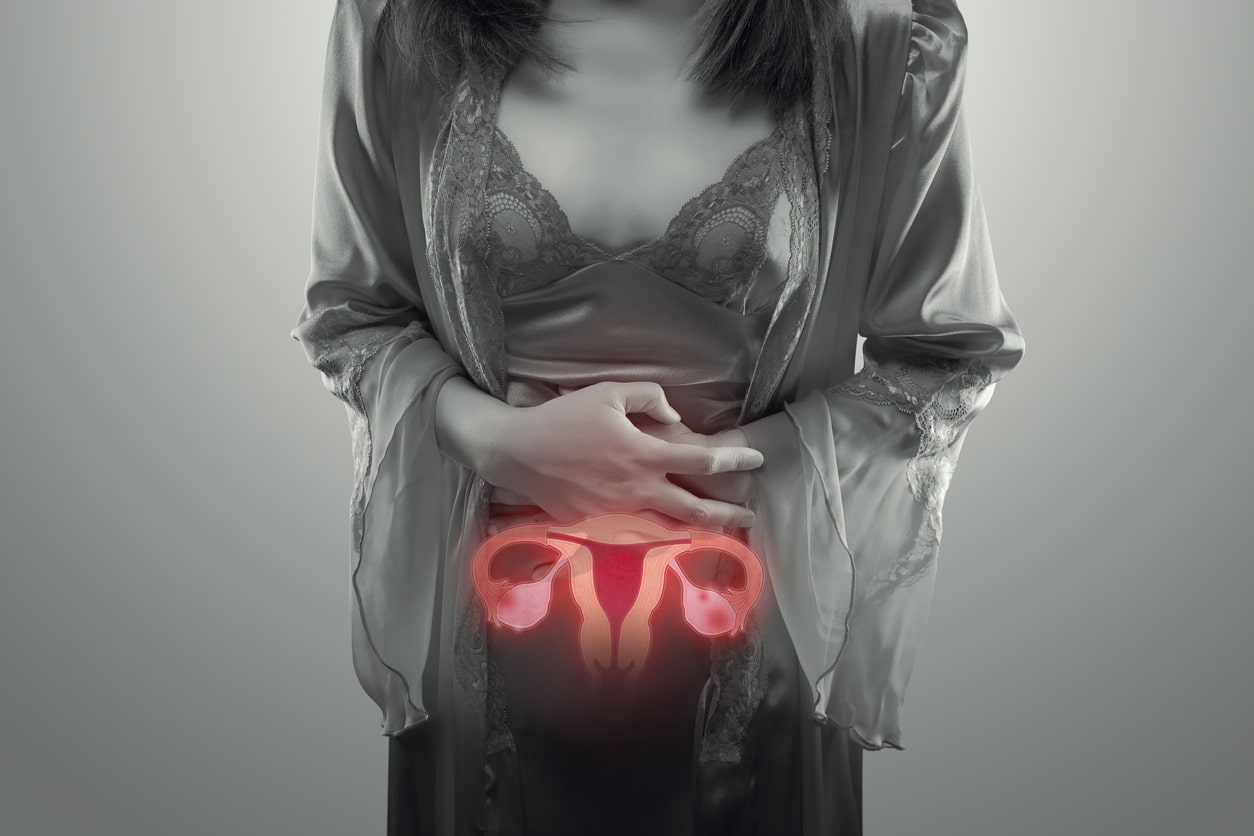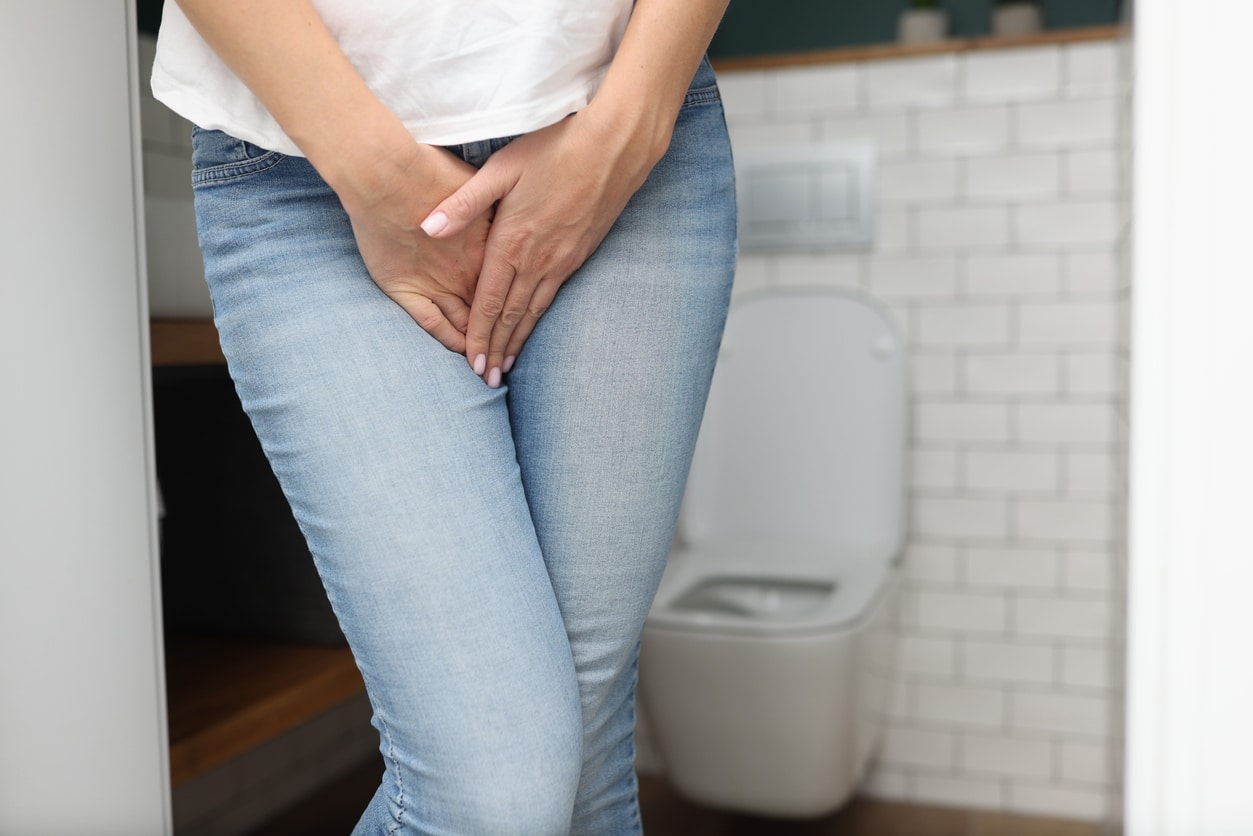An alternative to traditional surgery, a robotic hysterectomy is a cutting-edge technology utilizing the aid…

3 Common Causes of Painful Urination & What You Should Do
Pain can be difficult for many of us to talk about, especially if it involves using the restroom. Painful urination, also called dysarthria, can be frustrating and embarrassing. But there’s no shame in seeking help for painful urination. If you’re suffering from dysarthria, you aren’t alone.
Thankfully, there are treatments for painful urination. In this blog, the experts at Endometriosis Treatment Center of America discuss the top three causes of dysarthria, and what you should do if you experience symptoms. Don’t hesitate to seek treatment, and get back to living your life to the fullest.
Urinary Tract Infection (UTI)
A UTI is an infection of the bladder, kidneys, urethra, bladder, or ureters. Most infections are found in the bladder or urethra, but the infection can occur anywhere in the urinary tract. Besides painful urination, some common symptoms of UTIs include an urge to urinate even after you’ve emptied your bladder, cloudy or foul-smelling urine, a burning sensation when you go, increased trips to the bathroom, pelvic pain, and bloody urine.
UTIs are caused by bacterial infection. Our urinary tract typically wards off any bacteria growth, but if any bacteria from the bowel system enters the urinary tract, parts of the urinary system can become infected. Women that are sexually active, are pregnant, or have a weakened immune system are more susceptible to UTIs. If you do contract a UTI, your doctor can treat it with antibiotics to get rid of the bacteria and alleviate your pain.
Vaginal Infection
A vaginal infection, also called vaginitis, is an inflammation of the vagina. Common symptoms of vaginal infection include painful urination, pain during intercourse, vaginal itching, changes in vaginal discharge, and bleeding in between periods. There are three common types of vaginal infections that cause painful urination: yeast infections, bacterial vaginosis, and trichomoniasis.
Each of these infections require different treatments, so we recommend seeking medical attention to determine the cause and receive a remedy. Likewise, symptoms of a vaginal infection are similar to those of some sexually transmitted diseases (STDs), so if you’ve recently had a new sexual partner and experience symptoms of vaginal infection, we recommend speaking with your provider.
Endometriosis
If you have misplaced tissue in your bowel or bladder, you can experience painful urination. In your uterus, there’s a lining called the endometrium. Each month, your body prepares for the potential to fertilize an egg on this lining. If an egg isn’t fertilized, these cells shed, which is why you bleed each month.
But, when a woman has endometriosis, the endometrium forms outside the uterus, operating as it would within the womb and shedding every 28 days. Often, these shedding cells become trapped and cause pain while urinating, urinary incontinence, bloating, and urinary retention. While only rare forms of endometriosis affect the urinary tract system, if you’re experiencing chronic painful urination, we recommend you speak with your gynecologist about symptoms.
Find Relief from Painful Urination
If you’re suffering from dysthymia, speak with your provider to find a solution for your discomfort. While it may feel uncomfortable at first, you will find mental and physical relief after speaking with a doctor about your symptoms. A doctor can analyze your symptoms, determine a cause, and provide an individualized treatment plan to meet your needs.
At Endometriosis Treatment Center of America, we strive to create a comfortable, stress-environment, so you can receive the care you deserve. Don’t let painful urination hold you back from enjoying your life, speak with an expert today!
Your Endometriosis Experts in Michigan & Beyond
At the Endometriosis Treatment Center of America, we’re dedicated to providing women with access to the latest technologies and solutions for relieving painful urination and other uncomfortable conditions. Call us at (248) 397-9129 or contact us online to speak with a compassionate, knowledgeable team member today!



